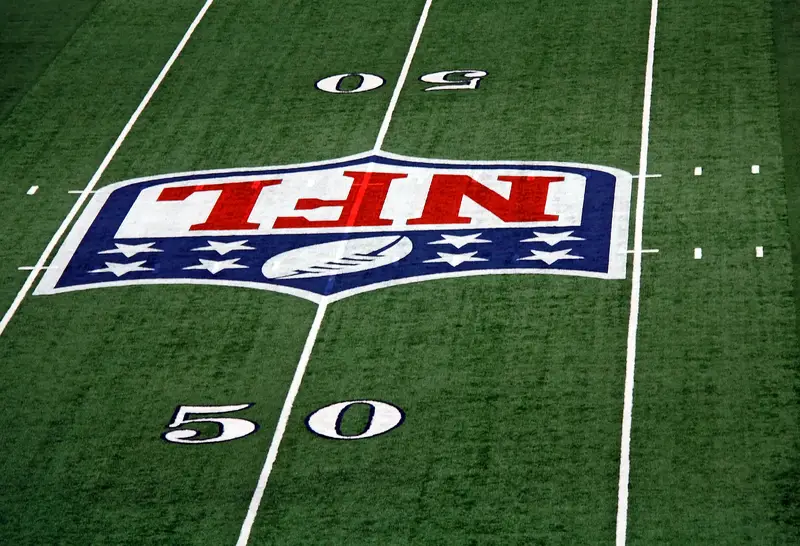Larry Williams, a former NFL offensive lineman who went on to lead athletic departments at multiple universities, died on Thursday, October 16, 2025, while exercising at the University of San Francisco’s War Memorial Gym at the Sobrato Center. He was 62 years old.
Williams had been working through his morning workout routine on campus when he died, according to USF president Salvador D. Aceves, who announced the news in a letter posted to the school’s athletic department website. The sudden loss stunned the university community, where Williams had served as athletic director since August 31, 2022.
Aceves described Williams as a man whose religious faith deeply influenced his approach to athletic administration. “Grounded in his Catholic faith, Larry saw his work at USF as more than a profession — it was a calling which he devotedly lived out for others on a daily basis,” Aceves wrote, noting that Williams began each day with contemplative prayer, scripture reading, and reflection.
Born in Orange County, California, Williams built an impressive career that spanned professional athletics, law, and collegiate administration. He first gained recognition as a standout offensive lineman at the University of Notre Dame, where he earned two All-American honors. His performance caught the attention of NFL scouts, leading to his selection by the Cleveland Browns in the 10th round of the 1985 NFL Draft as the 259th overall pick.
Williams spent the majority of his professional football career with the Browns, playing as a guard from 1986 through 1988. He appeared in 42 games for Cleveland, starting 33 contests during that span. After sitting out the 1989 and 1990 seasons due to injury, Williams returned to the field with the New Orleans Saints in 1991, participating in six games. He concluded his playing career in 1992 with the New England Patriots, where he suited up for 13 games and made nine starts.
Over his eight-season NFL career, Williams appeared in 61 regular-season games and started 44 of them. His versatility allowed him to play both guard and center positions for three different franchises. But Williams distinguished himself off the field as much as on it. While playing professional football, he pursued and earned a law degree from the University of San Diego, demonstrating the commitment to education that would define his later career.
After retiring from the NFL in 1993, Williams practiced law at the Baker & Daniels firm in Indianapolis. However, his connection to college athletics proved too strong to resist. In 1999, he returned to his alma mater, Notre Dame, to work in licensing and product marketing, marking his transition into collegiate athletic administration.
Williams’ administrative career took him to four major NCAA Division I institutions. The University of Portland in Oregon hired him as athletic director in 2004, beginning a journey that would also include leadership positions at Marquette University and the University of Akron, where he served from 2015 to 2022.
When Williams accepted the athletic director position at San Francisco, he expressed enthusiasm about the alignment between the role and his values. He indicated that USF represented the almost perfect combination of things he cherished, specifically citing the Catholic identity, deep educational mission, and athletic participation in an environment that incorporated both elements. Williams noted that at that point in his career, there was almost a vocational element to what he did at USF.
The University of Akron’s athletic department issued a statement expressing deep sadness over Williams’ unexpected death. The Akron Zips community offered love and support to the entire Williams family during what they described as a difficult time.
Williams is survived by his wife, Laura Lee, whom he met at Notre Dame, and their five children: Kristin, Sean, Scott, Eric, and Louis. He also left behind several grandchildren. Aceves extended prayers to the entire family, as well as to the university’s 250 student-athletes and all coaches and staff who worked under Williams’ direction.
Williams’ belief in the harmony of faith, education, and athletics shaped his vision for the athletic department and his dedication to the holistic development of student-athletes, according to Aceves. This philosophy guided his three years of leadership at San Francisco and reflected the approach he brought to every institution he served.











